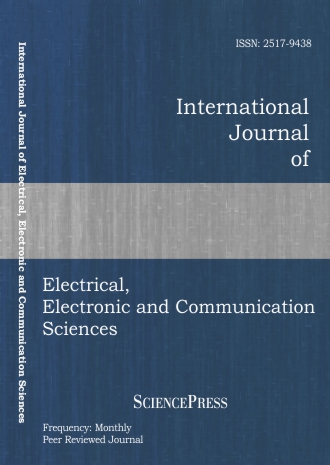
Scholarly
Volume:2, Issue: 12, 2008 Page No: 2812 - 2817
International Journal of Electrical, Electronic and Communication Sciences
ISSN: 2517-9438
1000 Downloads
A New Weighted LDA Method in Comparison to Some Versions of LDA
Linear Discrimination Analysis (LDA) is a linear solution for classification of two classes. In this paper, we propose a variant LDA method for multi-class problem which redefines the between class and within class scatter matrices by incorporating a weight function into each of them. The aim is to separate classes as much as possible in a situation that one class is well separated from other classes, incidentally, that class must have a little influence on classification. It has been suggested to alleviate influence of classes that are well separated by adding a weight into between class scatter matrix and within class scatter matrix. To obtain a simple and effective weight function, ordinary LDA between every two classes has been used in order to find Fisher discrimination value and passed it as an input into two weight functions and redefined between class and within class scatter matrices. Experimental results showed that our new LDA method improved classification rate, on glass, iris and wine datasets, in comparison to different versions of LDA.
Authors:
References:
[1] Xiao-Yuan Jing, David Zhang, and Yuan-Yan Tang ," An improved